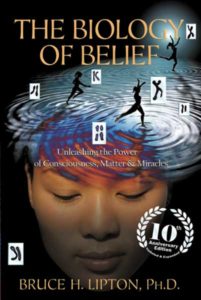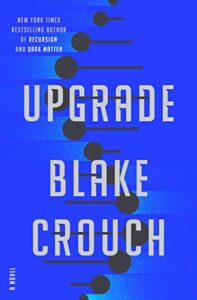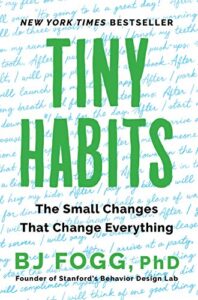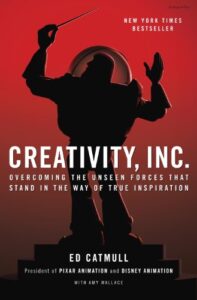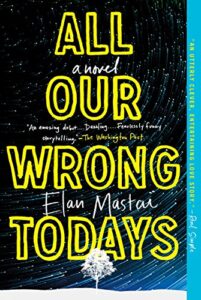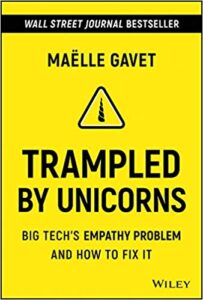At the beginning of 2018, I read a modern translation of As a Man Thinketh by James Allen. It’s a short read, but it’s very powerful and easy applied to one’s thinking around life.
Author Sam Torode did the translation of the Allen’s work. At the end of the book he offers application ideas along with a couple of book recommendations. One of the books he recommends is The Biology of Belief by Bruce Lipton. His intro to it reads:
For a scientific perspective on how our thoughts affect our lives – even at the cellular level – read these fascinating books.
That was all I needed to read to know I had to add the book to my reading list.
Continue reading
